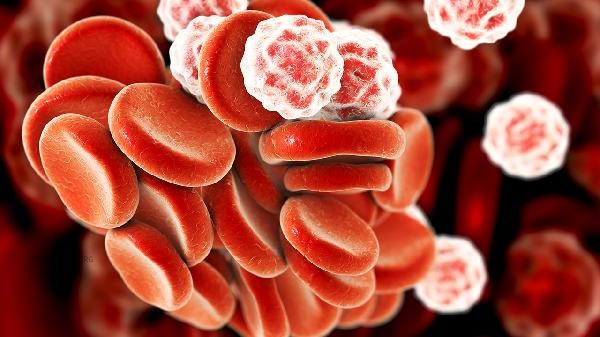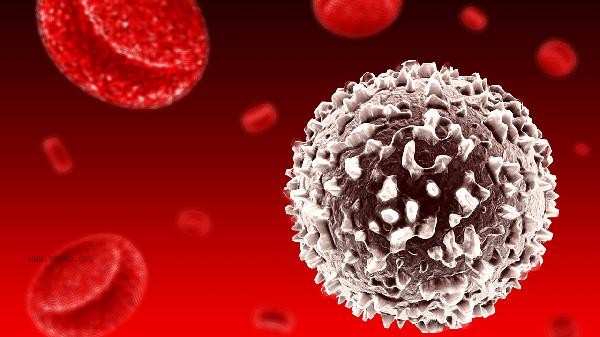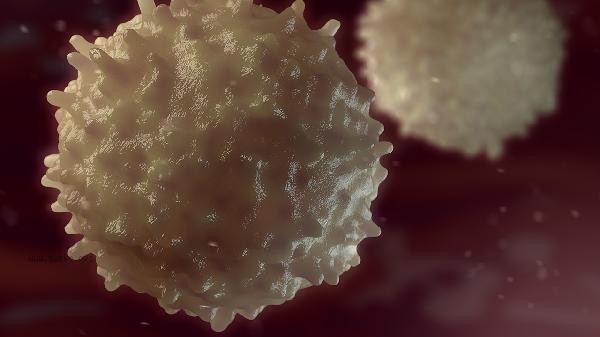Elevated levels of white blood cells and red blood cells in urine may be caused by urinary tract infections, kidney stones, nephritis, prostatitis, urinary system tumors, and other reasons. A clear diagnosis should be made by combining other examinations.
1. Urinary tract infection:

Bacteria invade the urinary system, causing an inflammatory response. Urine routine examination shows a significant increase in white blood cells, which may be accompanied by symptoms of frequent urination and urgency. Common pathogenic bacteria include Escherichia coli and Proteus, and urine culture is required to determine the pathogen. The main treatment is antibiotics, and commonly used drugs include levofloxacin, cefuroxime, etc.
2. Kidney stones:
Stone movement scratches the urinary tract mucosa, causing an increase in red blood cells, which may be accompanied by severe back pain. The components of the stones are mostly calcium oxalate or uric acid crystals, and ultrasound examination can clarify the location and size of the stones. Stones with a diameter less than 6 millimeters can be expelled by drinking plenty of water, while larger stones require extracorporeal shock wave lithotripsy treatment. 3. Nephritis: Damage to the glomerular filtration membrane causes red blood cells to leak out, which may be accompanied by proteinuria and edema. Common types include IgA nephropathy and membranous nephropathy, which require renal biopsy to determine the pathological type. Treatment requires controlling blood pressure and proteinuria, and commonly uses angiotensin-converting enzyme inhibitors in combination with hormone therapy.
4. Prostatitis:

Prostate congestion and inflammation in male patients can lead to an increase in urinary white blood cells, which may be accompanied by perineal swelling and pain. Divided into bacterial and non bacterial types, rectal digital examination and prostate fluid examination can distinguish them. The treatment includes comprehensive measures such as antibiotics, alpha blockers, and warm sitz baths.
5. Urinary system tumor:
Tumor tissue necrosis and hemorrhage such as bladder cancer or kidney cancer lead to increased red blood cells, which may be manifested as painless hematuria. CT urography and cystoscopy can detect space occupying lesions. Early stage tumors can be surgically removed, while late stage tumors require comprehensive treatment such as radiotherapy and chemotherapy.
It is recommended to drink at least 2000 milliliters of water per day to promote metabolism, avoid holding urine and excessive fatigue. The diet should be light and low in salt, and the intake of high purine foods should be restricted. Regularly check urine routine and urinary system ultrasound, and seek medical attention promptly if there is persistent hematuria or combined fever and lower back pain. Keeping the perineum clean and urinating promptly after sexual activity can prevent the recurrence of urinary tract infections. Engage in aerobic exercises such as brisk walking and swimming to enhance immunity.










Comments (0)
Leave a Comment
No comments yet
Be the first to share your thoughts!